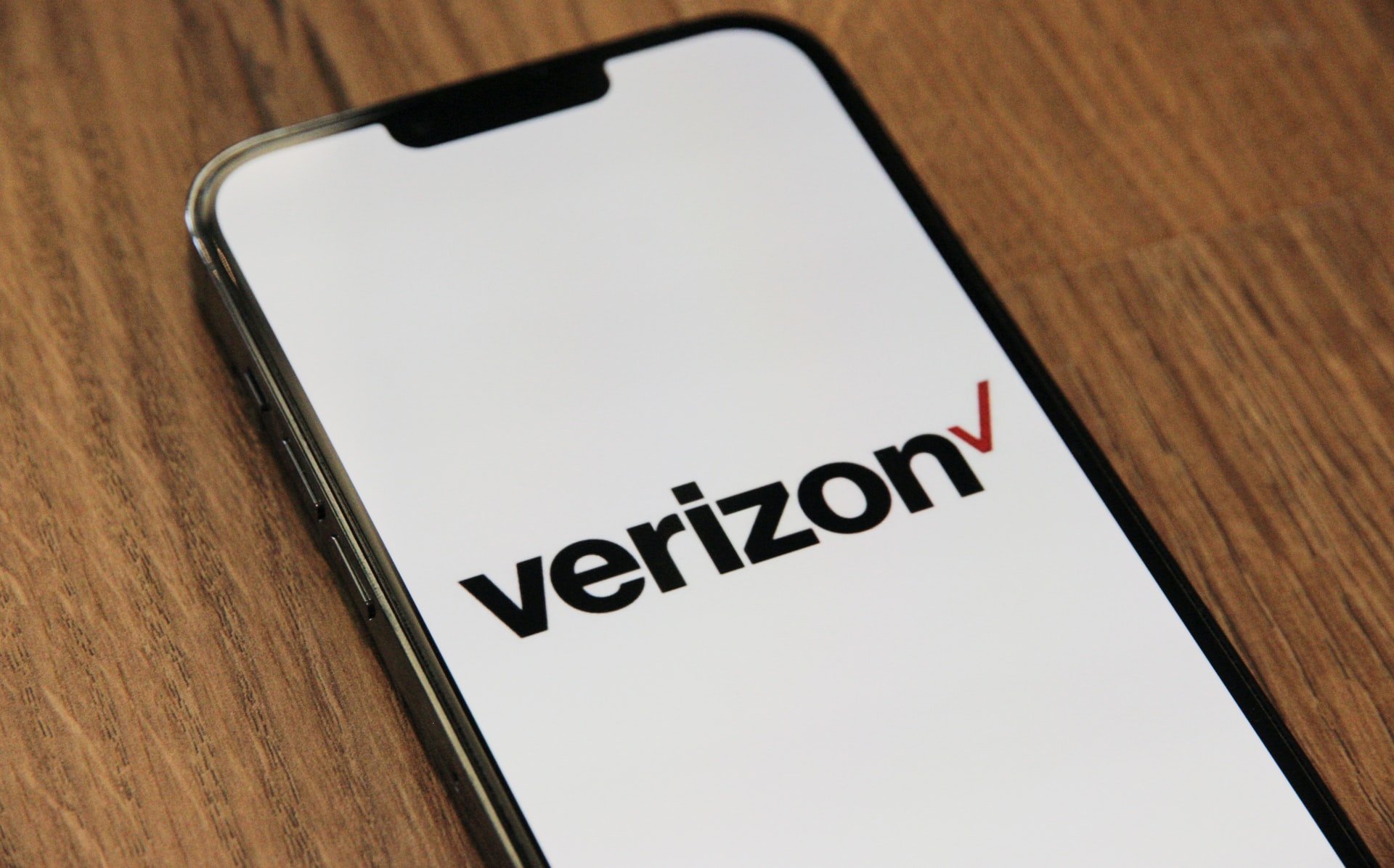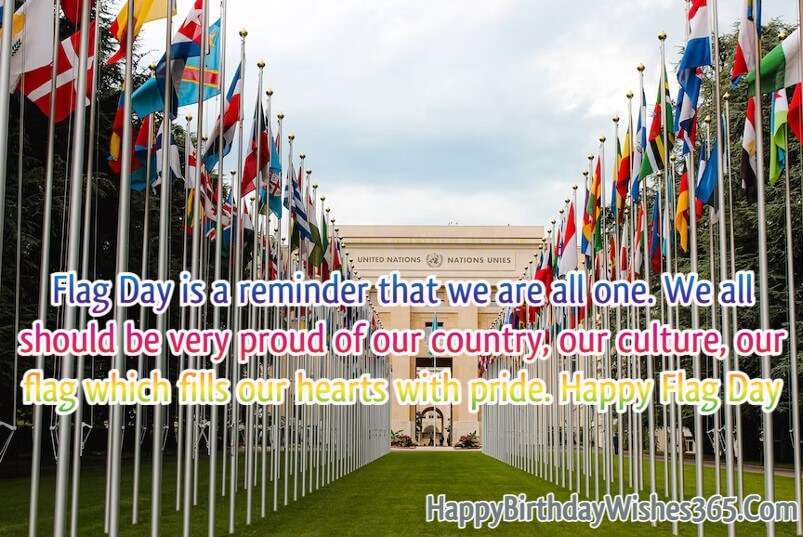Competitors are essential in every sector, and this is no different in the world of US mobile providers. Even though T-Mobile is a formidable competitor, this essay will focus on the most well-known one in the industry: AT&T against Verizon. To begin, we’ll evaluate the two businesses’ 4G and 5G coverage, overall network performance, price and perk options, and, lastly, customer service and reputations. Let us now begin.
Speed and coverage of the network
Verizon is the most generally used 4G network, while AT&T dominates 3G and 5G networks. However, Verizon’s 5G map still has a long way to go, thus AT&T is now leading the pack in terms of nationwide 5G coverage.
Talking about 5G internet coverage, both Verizon and AT&T employ low-band spectrum and high-band spectrum, with mmWave technology used in certain cities for maximum connection speeds. As part of a CBRS auction, Verizon paid $1.9 billion to acquire the mid-band spectrum 1-6 GHz, which will enhance its 4G LTE and 5G networks. AT&T presently has the widest 5G coverage in the United States. In the meanwhile, Verizon is swiftly catching up, offering 4G speeds that are faster than the competition and preparing a 5G network that is much faster.
RootMetrics conducted in-depth research of the three main US phone carriers in the second half of 2020, assessing network speed and coverage in light of the AT&T vs. Verizon speed debate. Verizon walked away with a big victory in this round of voting: No results were recorded that were less than 20 Mbps even though it could reach rates of 30, 40, or 50 megabits per second (Mbps). In addition, it received twice as many awards as AT&T for network dependability.
At the same time, AT&T’s network was at least 50% available in 33 cities, compared to just 10 on Verizon’s, with the fastest median (77.5 Mbps) and 5G (90.4 Mbps) city-wide speeds in Kansas City, MO.
Plans and Features for Pricing
In addition to network coverage and speed, the price of Verizon or AT&T may play a role in your decision. It is common for both businesses to promote expensive memberships with no data limitations, save for streaming. Verizon’s unlimited data plans, on the other hand, are on average $5 more costly each tier.
At $65 a month for a single line, AT&T’s Unlimited Starter pack is the entry point. If you buy four lines, the price drops to $35 per line. It has 5G coverage in some places and unlimited messaging to more than 120 countries, but video streaming is restricted to 1.5 Mbps.
As a comparison, Verizon’s Start Unlimited package is similar to AT&T’s Unlimited. Adding four or more lines will cost you the same as AT&T, which charges $70 for a single line. There are six months of Disney+, Apple Music, and Discovery+ for free, as well as an additional 600 GB of cloud storage from the other one.
In comparison to AT&T’s Unlimited Extra, Verizon’s Play More and Do More unlimited data plans cost $80 for a single device. AT&T offers 15 GB of hotspot data per line per month and enhanced mobile security, while the other offers six months of free Hulu streaming or a 50% discount on the plan of your connected mobile device.
Due to AT&T’s 2018 purchase of Time Warner Inc., it can offer premium tier customers an HBO Max subscription, while the other one does not. AT&T Unlimited Elite, like all AT&T unlimited plans, costs $5 less than Verizon’s flagship Get More Unlimited plan ($85 vs. $90 for a single handset).
As a bonus, both carriers provide similar trade-in offers and provide almost identical devices at comparable costs in addition to streaming and cloud services.
Also Read: How to Choose the Right Internet for Gaming
It’s important to note that not all smartphones on the market are the same. At the same time, AT&T has exclusive rights to Microsoft’s Surface Duo, while Verizon has exclusive rights to Motorola’s Razr and Edge Plus phones.
You can enjoy the AOL Verizon email login service.
Reputation Management in the Context of Customer Service
Dedicated phone lines, live chat, email tickets, and social media networks are all options provided by both providers. Customers prefer Verizon, according to a new survey by data analytics and consumer intelligence firm J.D. Power. In terms of customer satisfaction, it ranked second after T-Mobile, with a score of 805. AT&T, like Verizon, ranks fourth in this category with 793 points, barely over Segment Average and just below Sprint.
On the BBB, they both have an A+ rating, but their customer review ratings there aren’t great either (not a surprise, considering disgruntled customers are the ones who leave the most BBB reviews). You’ll likely have a similar experience regardless of whatever provider you select, despite AT&T’s somewhat worse service ratings than those of T-Mobile and Verizon.

